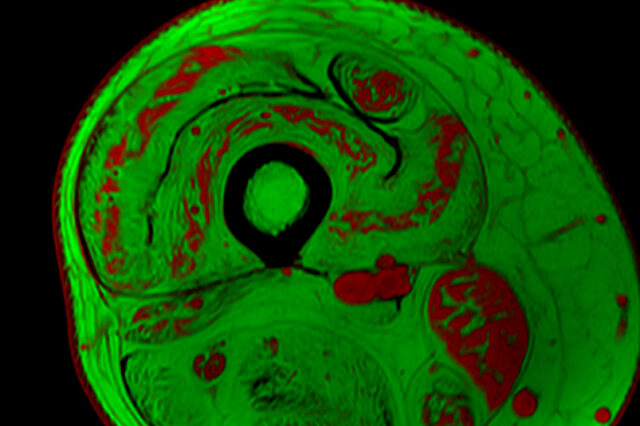Definition
Weakness is reduced strength in one or more muscles.
Alternative Names
Lack of strength; Muscle weakness
Causes
Weakness may be all over the body or in only one area. Weakness is more noticeable when it is in one area. Weakness in one area may occur:
You may feel weak but have no real loss of strength. This is called subjective weakness. It may be due to an infection such as the flu. Or, you may have a loss of strength that can be noted on a physical exam. This is called objective weakness.
Weakness may be caused by diseases or conditions affecting many different body systems, such as the following:
METABOLIC
BRAIN/NERVOUS SYSTEM (NEUROLOGIC)
MUSCLE DISEASES
- Inherited disorder that involves slowly worsening muscle weakness of the legs and pelvis (Becker muscular dystrophy)
- Muscle disease that involves inflammation and a skin rash (dermatomyositis)
- Group of inherited disorders that cause muscle weakness and loss of muscle tissue (muscular dystrophy)
POISONING
OTHER
Home Care
Follow the treatment your health care provider recommends to treat the cause of the weakness.
When to Contact a Medical Professional
Contact your provider if you have:
- Sudden weakness, especially if it is in one area and does not occur with other symptoms, such as fever
- Sudden weakness after being ill with a virus
- Weakness that does not go away and has no cause you can explain
- Weakness in one area of the body
What to Expect at Your Office Visit
The provider will do a physical exam. Your provider will also ask you about your weakness, such as when it began, how long it has lasted, and whether you have it all the time or only at certain times. You may also be asked about medicines you take or if you have been ill recently.
The provider may pay close attention to your heart, lungs, and thyroid gland. The exam will focus on the nerves and muscles if the weakness is only in one area.
You may have blood or urine tests. Imaging tests such as x-ray or ultrasound may also be ordered.
References
Eyre AJ. Weakness. In: Walls RM, ed. Rosen's Emergency Medicine: Concepts and Clinical Practice. 10th ed. Philadelphia, PA: Elsevier; 2023:chap 9.
Fearon C, Murray B, Mitsumoto H. Disorders of upper and lower motor neurons. In: Jankovic J, Mazziotta JC, Pomeroy SL, Newman NJ, eds. Bradley and Daroff's Neurology in Clinical Practice. 8th ed. Philadelphia, PA: Elsevier; 2022:chap 97.
Selcen D. Muscle diseases. In: Goldman L, Schafer AI, eds. Goldman-Cecil Medicine. 26th ed. Philadelphia, PA: Elsevier; 2020:chap 393.

